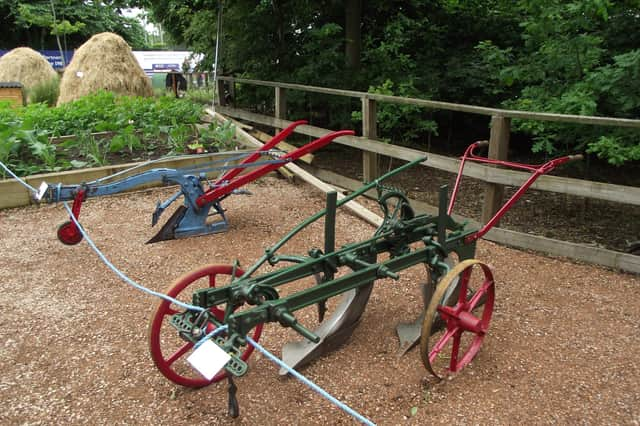Gable Ender - Sometimes there's no substitute for the human factor


It is easy to suggest that the unemployed in our own population can provide cover but it would appear that few have any intention of doings so.
In fact harvesting fruit and vegetables is not easy. I recall hearing a grower on television a few months ago explaining that one of his foreign pickers could earn a couple hundred pounds a day on piece work. That takes skill.
Advertisement
Advertisement
Of course, we have made huge advances in the last 70 years. Back in 1952 the problem was a lack of mechanisation according to Mr T A Wedderspoon, a farmer from Eassie, in a speech to the Montrose Business Club.
Mr Wedderspoon told the members that since 1939, Angus farmers had increased their crops by 16,500 acres and had 10,000 more cattle and 4000 fewer horses but there was still no efficient machine for potato picking.
According to the speaker the world was slowly starving: “Although the population had increased during the last 11 years food production had remained static.
“The only way to stave off starvation was by mechanising agriculture. Up to 1914 there were few tractors on the land and it was the Great War that had started the world off on farm mechanisation. The process had gained impetus during the last war.
Advertisement
Advertisement
“It was extraordinary that the whole world was short of food. Many food producing nations had decided to become industrialised. One wondered if there was any sanity left in the world. If all the world’s food producing countries were determined to become industrialised then the only alternative to world famine was the mechanisation of world agriculture.”
Mr Wedderspoon was obviously right and we have made huge advances, yet we still appear to be having similar concerns decades later.
Modern tractors and combine harvesters are technological marvels, fitted with GPS and other modern devices. Yet, we still struggle to harvest some types of fruit and vegetables. No doubt this will be overcome in the future with modern technology but, for the time being, we need people to do the job.
Somehow, I am reminded of the person who reckoned we don’t need farmers – we can get all the food we need from the supermarkets!